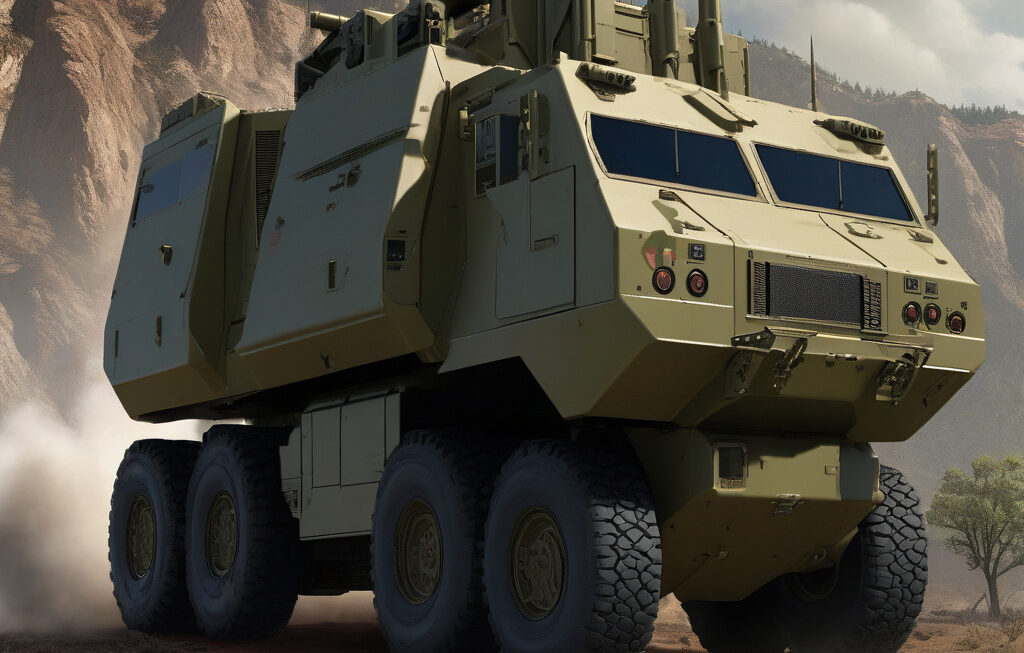US Army Elevates Cybersecurity in Transformation Strategy
The US Army is undergoing a significant transformation, and at the heart of this evolution lies a critical component: cybersecurity. Recognizing the growing importance of digital defenses in modern warfare, the Army is prioritizing cybersecurity to ensure operational readiness and the protection of critical infrastructure. This strategic shift involves not only bolstering traditional defense measures but also exploring innovative applications of artificial intelligence (AI) in both defense and cyber operations.
Officials within the US Army have underscored the vital role that cybersecurity plays in national security. By emphasizing basic cyber hygiene practices, such as regular software updates and employee training on cybersecurity best practices, the Army aims to fortify its digital defenses against evolving threats. Additionally, the rapid adoption of emerging cybersecurity tools and technologies is seen as essential to staying ahead of adversaries in an increasingly digitized battlefield.
Furthermore, the US Army is actively seeking collaboration with private sector innovators to enhance its cybersecurity capabilities. By partnering with industry leaders in technology and cybersecurity, the Army can leverage external expertise and cutting-edge solutions to address complex cyber challenges effectively. This collaborative approach not only strengthens the Army’s cybersecurity posture but also fosters a culture of continuous learning and innovation within the organization.
One area of particular focus for the US Army is the resilience of critical infrastructure. In an era where cyberattacks on essential services and systems pose a significant threat to national security, safeguarding critical infrastructure against digital threats is paramount. By integrating cybersecurity measures into the infrastructure’s design and operations, the Army aims to enhance its resilience and ability to withstand cyber incidents effectively.
Moreover, the integration of AI into both defense and cyber operations holds great promise for the US Army. AI-powered tools can analyze vast amounts of data in real-time, enabling faster detection of threats and more effective responses to cyber incidents. By harnessing the power of AI, the Army can augment its cybersecurity capabilities, improve situational awareness, and enhance decision-making processes in the digital domain.
In conclusion, the US Army’s emphasis on cybersecurity in its transformation strategy reflects a forward-thinking approach to national defense in an increasingly digital world. By prioritizing cybersecurity, adopting emerging technologies, and fostering collaboration with industry partners, the Army is positioning itself to effectively address evolving cyber threats and safeguard critical infrastructure. As cyberspace continues to play a pivotal role in modern warfare, the US Army’s commitment to cybersecurity will be instrumental in ensuring the nation’s security and resilience in the face of cyber challenges.
US Army, Cybersecurity, Transformation Strategy, AI, National Security












